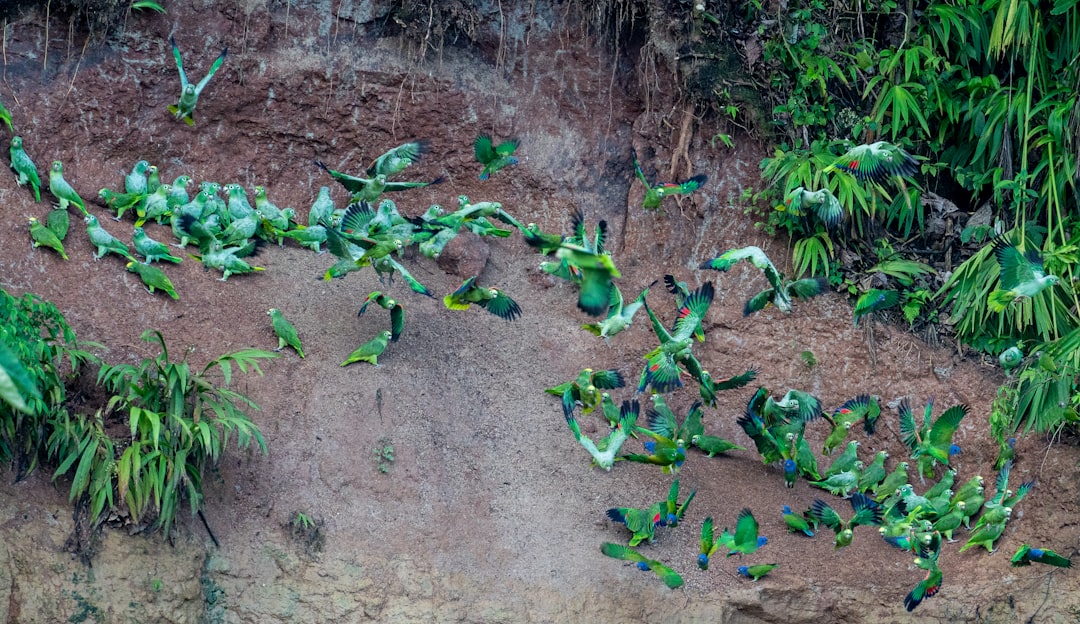
In the realm of gardening, there exists a hidden gem that captivates the senses with its intoxicating fragrance - the mock orange shrub. While there are around 40 species of these shrubs, not all possess the signature aroma that has made them a beloved addition to gardens worldwide.
Mock orange shrubs, scientifically known as Philadelphus, are a diverse group of plants that offer a range of sizes, shapes, and flower characteristics. They are native to various regions, including North America, Europe, and Asia, and have been cultivated for centuries for their ornamental value.
One of the most remarkable features of mock orange shrubs is their fragrance. The sweet, citrusy scent of their blossoms is often compared to that of orange blossoms, hence the common name. When in full bloom, these shrubs can fill the air with their delightful aroma, creating a truly enchanting atmosphere in the garden.
Not all mock orange species have the same level of fragrance, however. Some varieties are known for their intense, heady scent, while others have a more subtle aroma. It's important to choose the right species or cultivar if you're looking for a shrub with a particularly strong fragrance.
One of the most fragrant mock orange species is Philadelphus coronarius, also known as sweet mock orange. This species is native to southern Europe and is widely cultivated for its large, white, fragrant flowers. The blossoms of Philadelphus coronarius are typically borne in clusters and have a sweet, citrusy scent that is both refreshing and intoxicating.
Another popular fragrant mock orange species is Philadelphus lewisii, also known as Lewis' mock orange. This species is native to western North America and is named after Meriwether Lewis, who collected specimens of the plant during the Lewis and Clark Expedition. Philadelphus lewisii has large, white, fragrant flowers that are similar in appearance to those of Philadelphus coronarius, but with a slightly different scent. The fragrance of Philadelphus lewisii is often described as being more spicy and complex than that of Philadelphus coronarius.
In addition to their fragrance, mock orange shrubs are also valued for their attractive foliage and flowers. The leaves of these shrubs are typically green and oval-shaped, and they provide a nice backdrop for the showy blossoms. The flowers of mock orange shrubs are usually white or cream-colored, and they come in a variety of shapes and sizes. Some varieties have single flowers, while others have double or semi-double flowers.
Mock orange shrubs are relatively easy to grow and care for. They prefer full sun to partial shade and well-drained soil. They are also tolerant of a wide range of soil types and pH levels. Once established, mock orange shrubs are relatively drought-tolerant, but they will benefit from regular watering during dry periods.
Pruning is an important part of caring for mock orange shrubs. Pruning helps to maintain the shape and size of the shrub, as well as to promote healthy growth and flowering. The best time to prune mock orange shrubs is in the late winter or early spring, before new growth begins. When pruning, it's important to remove any dead, damaged, or diseased branches, as well as any branches that are crossing or rubbing against each other.
Mock orange shrubs can be propagated by cuttings, division, or layering. Cuttings are the most common method of propagation, and they can be taken in the summer or fall. To take a cutting, select a healthy, non-flowering stem that is about 4-6 inches long. Remove the lower leaves from the stem, and dip the cut end in rooting hormone. Plant the cutting in a pot filled with a well-draining potting mix, and keep the soil moist. The cutting should root within a few weeks.
In conclusion, mock orange shrubs are a wonderful addition to any garden. Their delightful fragrance, attractive foliage, and showy flowers make them a popular choice for both novice and experienced gardeners. Whether you're looking for a shrub with a strong fragrance or simply want to add some beauty and charm to your garden, mock orange shrubs are definitely worth considering.
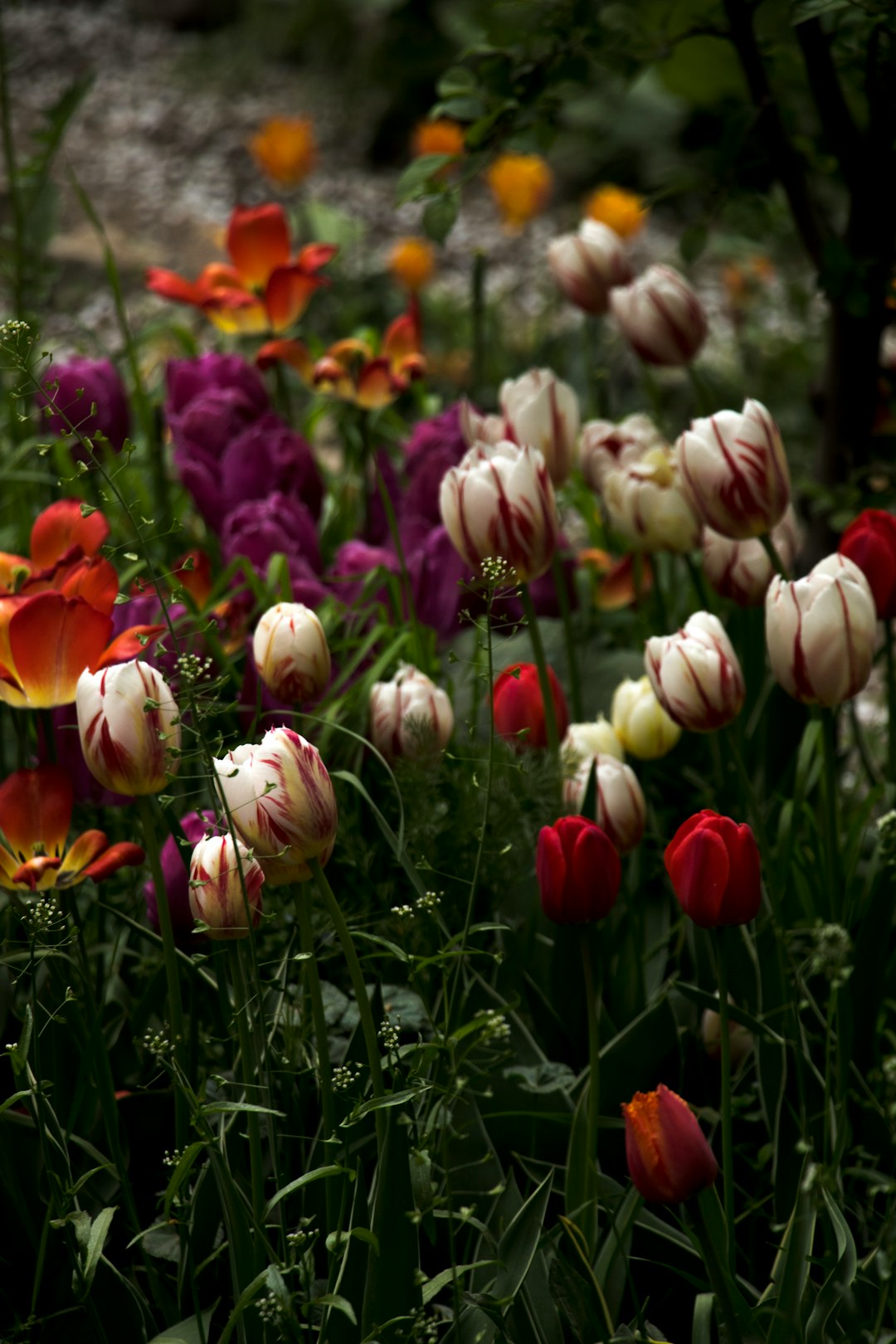
Unleashing the Floral Magic of Snowball Hydrangeas
Unleashing the Floral Magic of Snowball Hydrangeas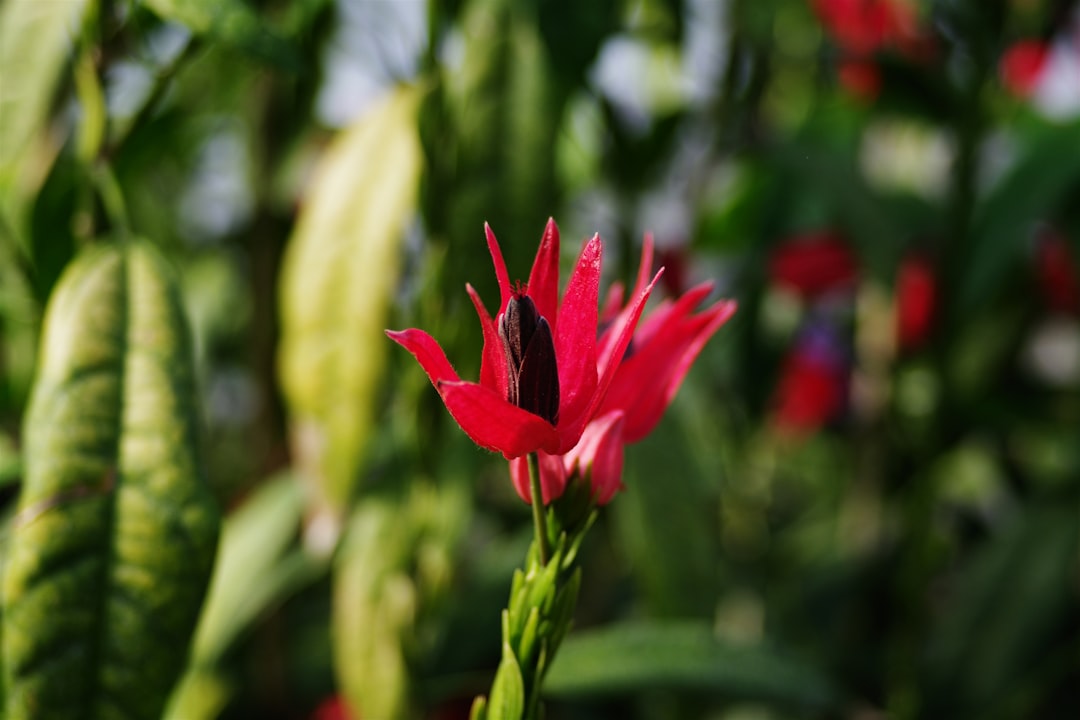
Unveiling the Secrets of Cultivating Carolina Allspice
Unveiling the Secrets of Cultivating Carolina Allspice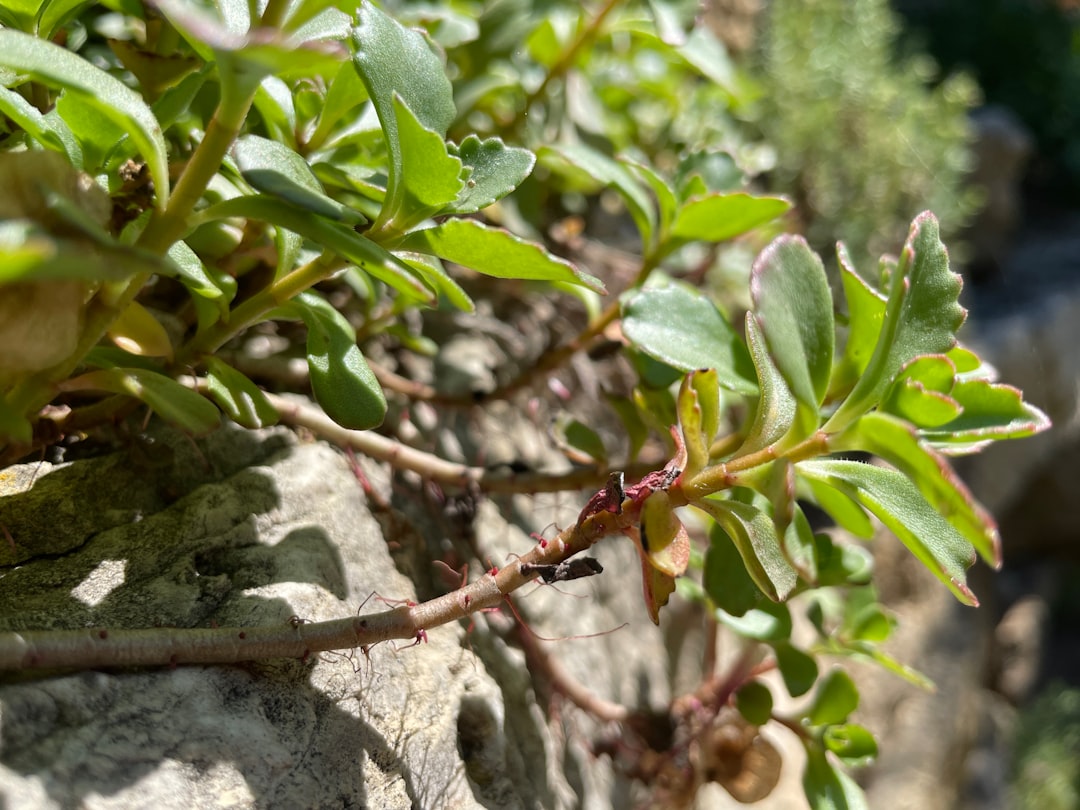
The Art of Planting Bare Root Trees: A Comprehensive Guide
The Art of Planting Bare Root Trees: A Comprehensive Guide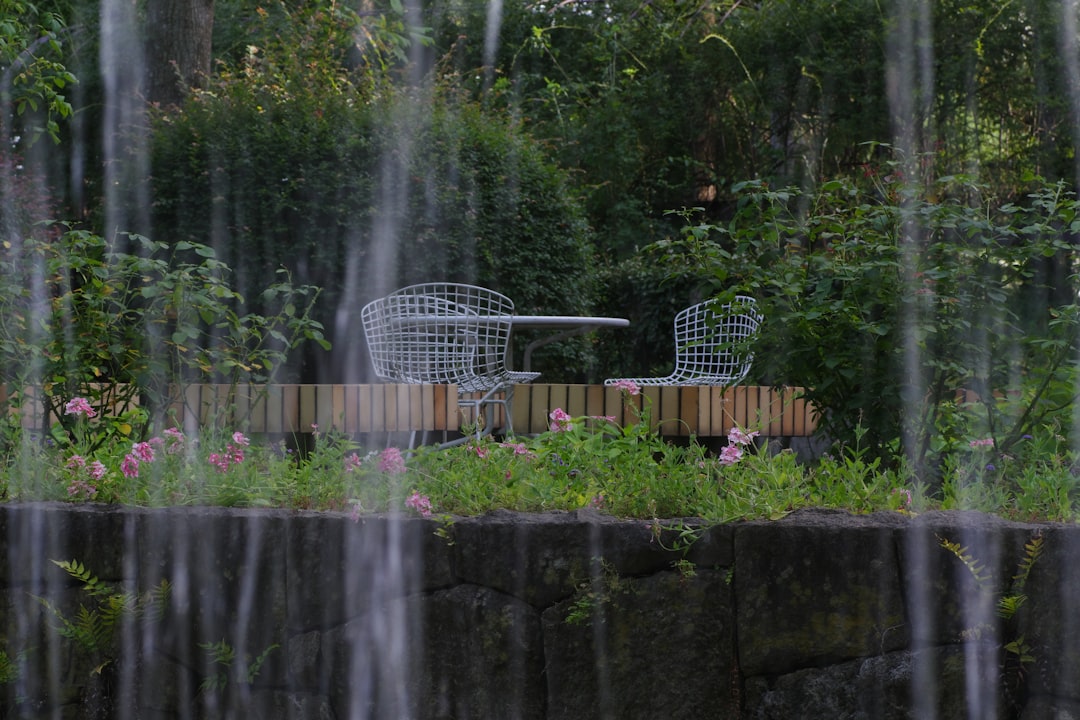
The Enchanting Allure of White - Flowered Trees for Your Front Yard
The Enchanting Allure of White - Flowered Trees for Your Front Yard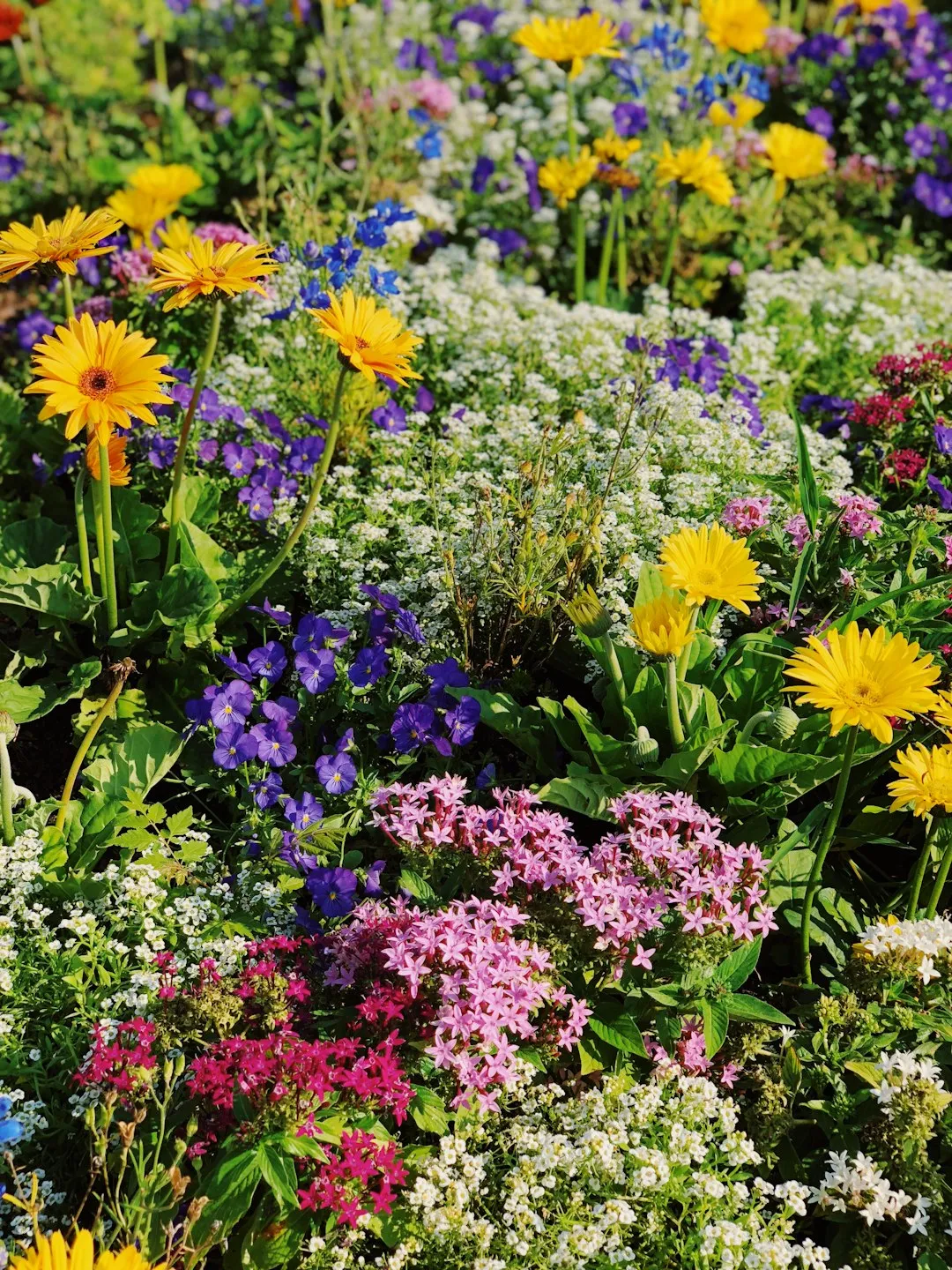
Transform Your Home with Succulent Wall Art from an Old Picture Frame
Transform Your Home with Succulent Wall Art from an Old Picture Frame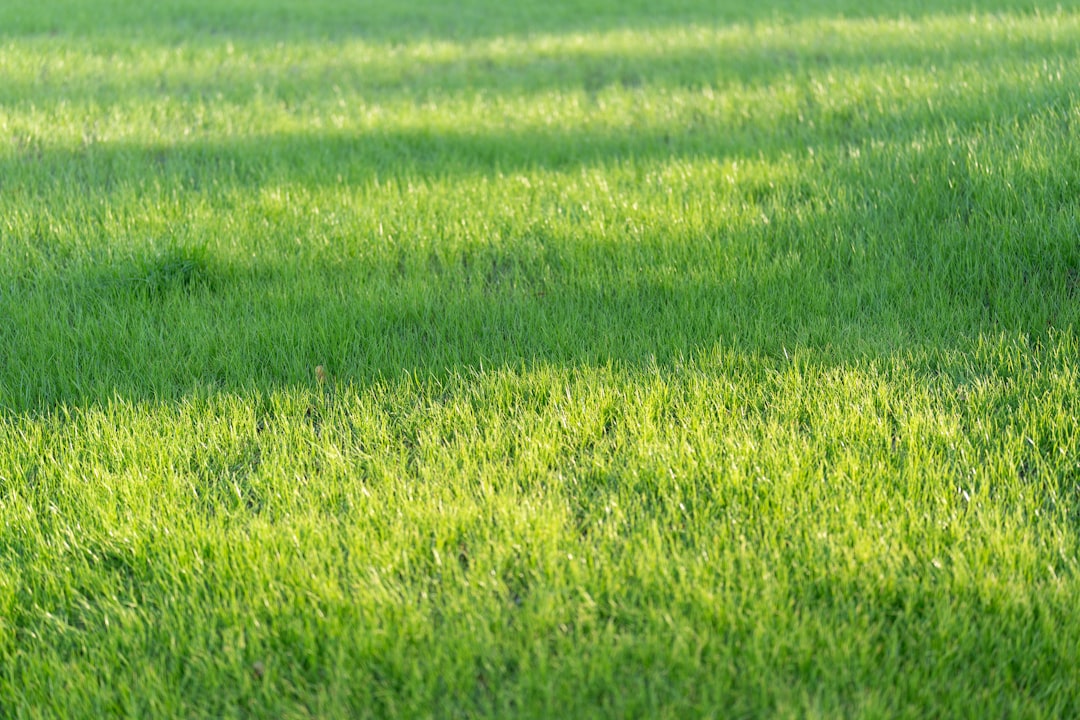
Transforming Broken Pots into Enchanting Fairy Gardens
Transforming Broken Pots into Enchanting Fairy Gardens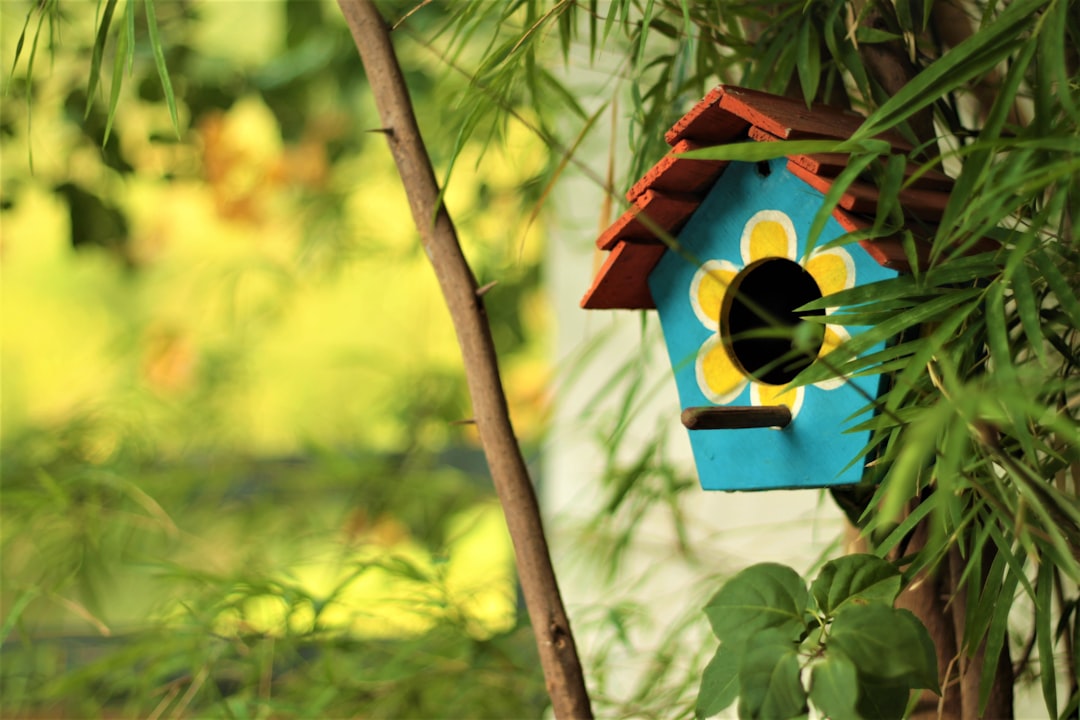
Unleash the Beauty of Dahlias in Pots This Summer
Unleash the Beauty of Dahlias in Pots This Summer
Transform Your Shady Yard with Caladium Container Magic
Transform Your Shady Yard with Caladium Container Magic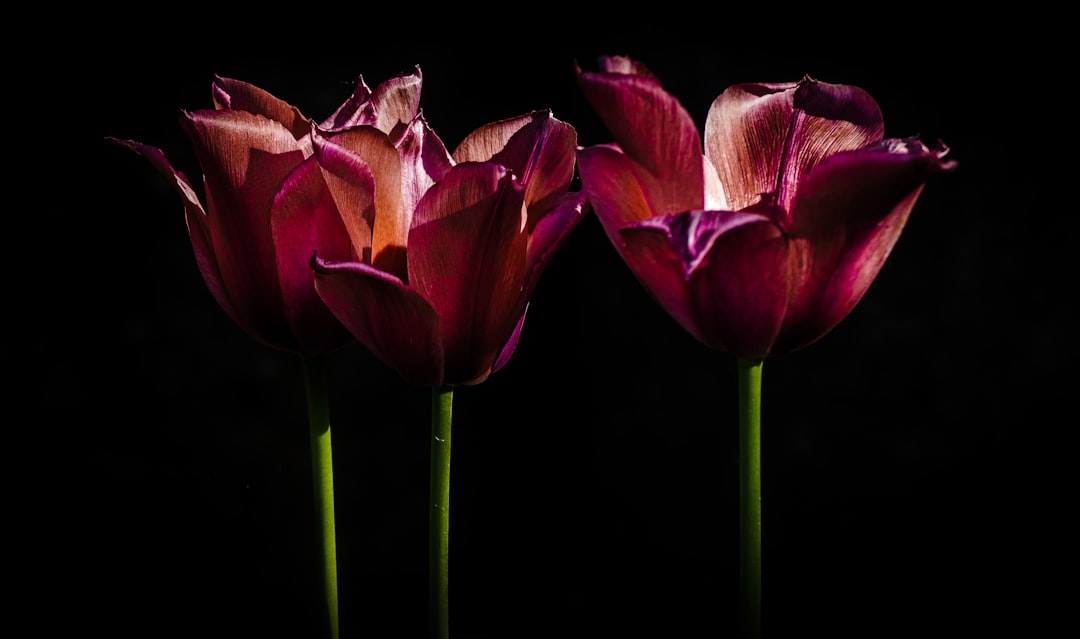
Unleash Your Creativity with DIY Concrete Planters
Unleash Your Creativity with DIY Concrete Planters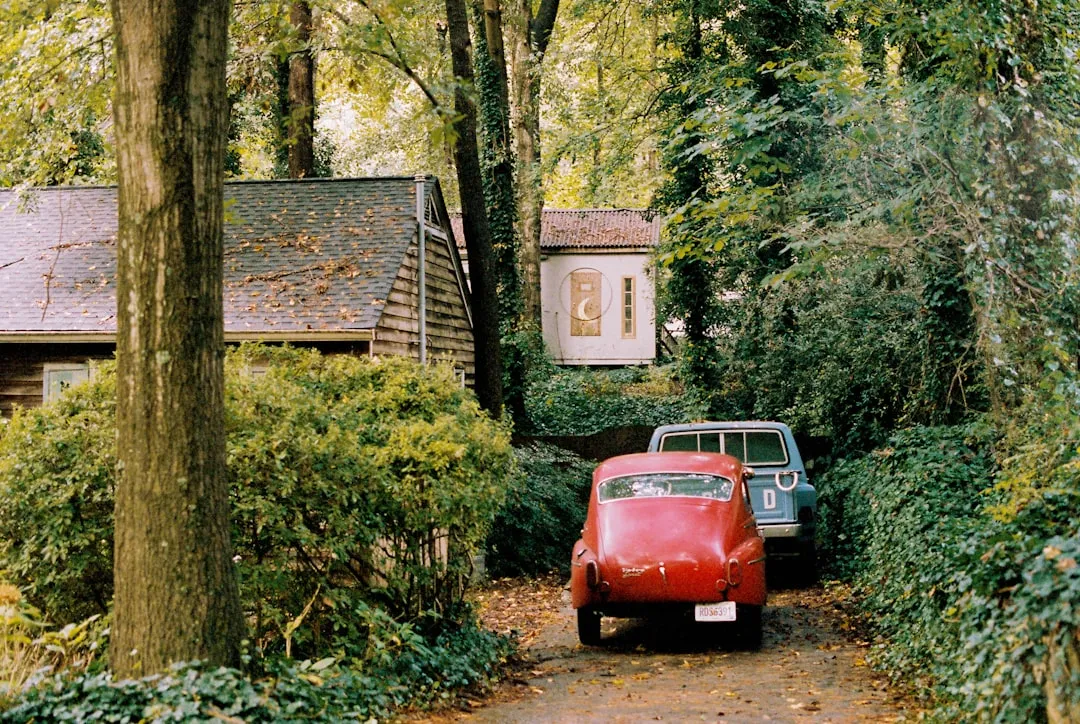
The Secret to Thriving Jade Plants: Minimal Effort, Maximum Results
The Secret to Thriving Jade Plants: Minimal Effort, Maximum Results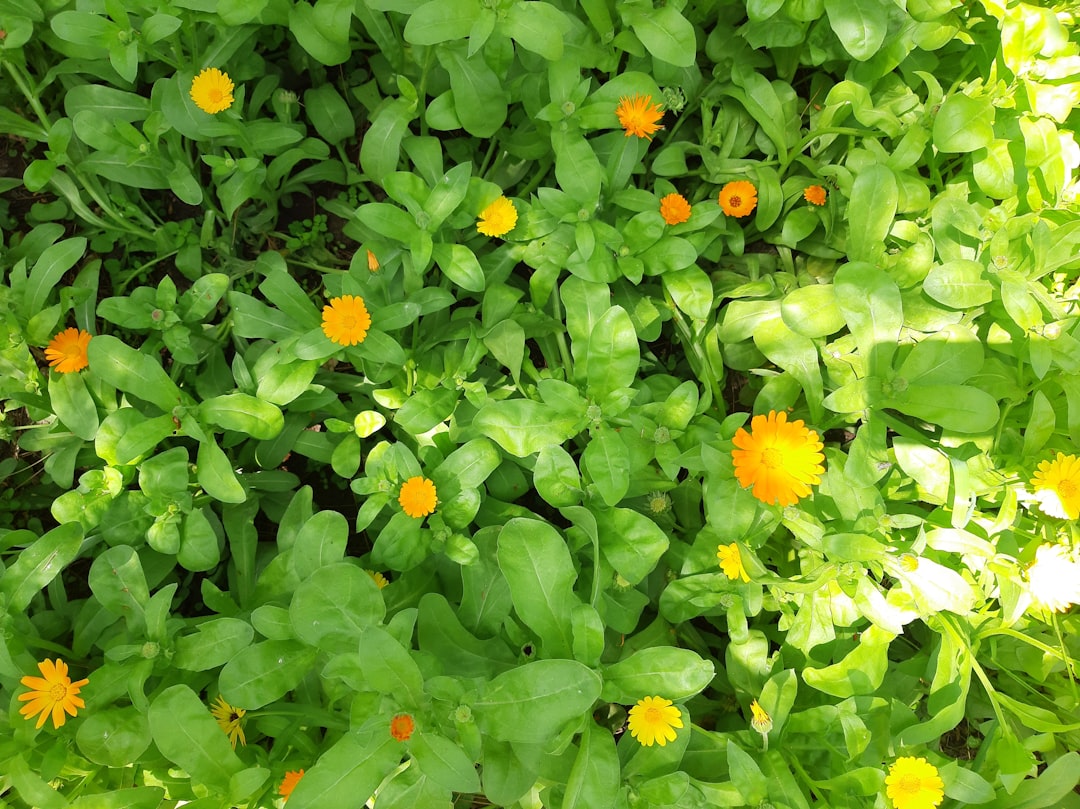
Unveiling the Secrets of Thriving Houseplants: A Two - Month Journey
Unveiling the Secrets of Thriving Houseplants: A Two - Month Journey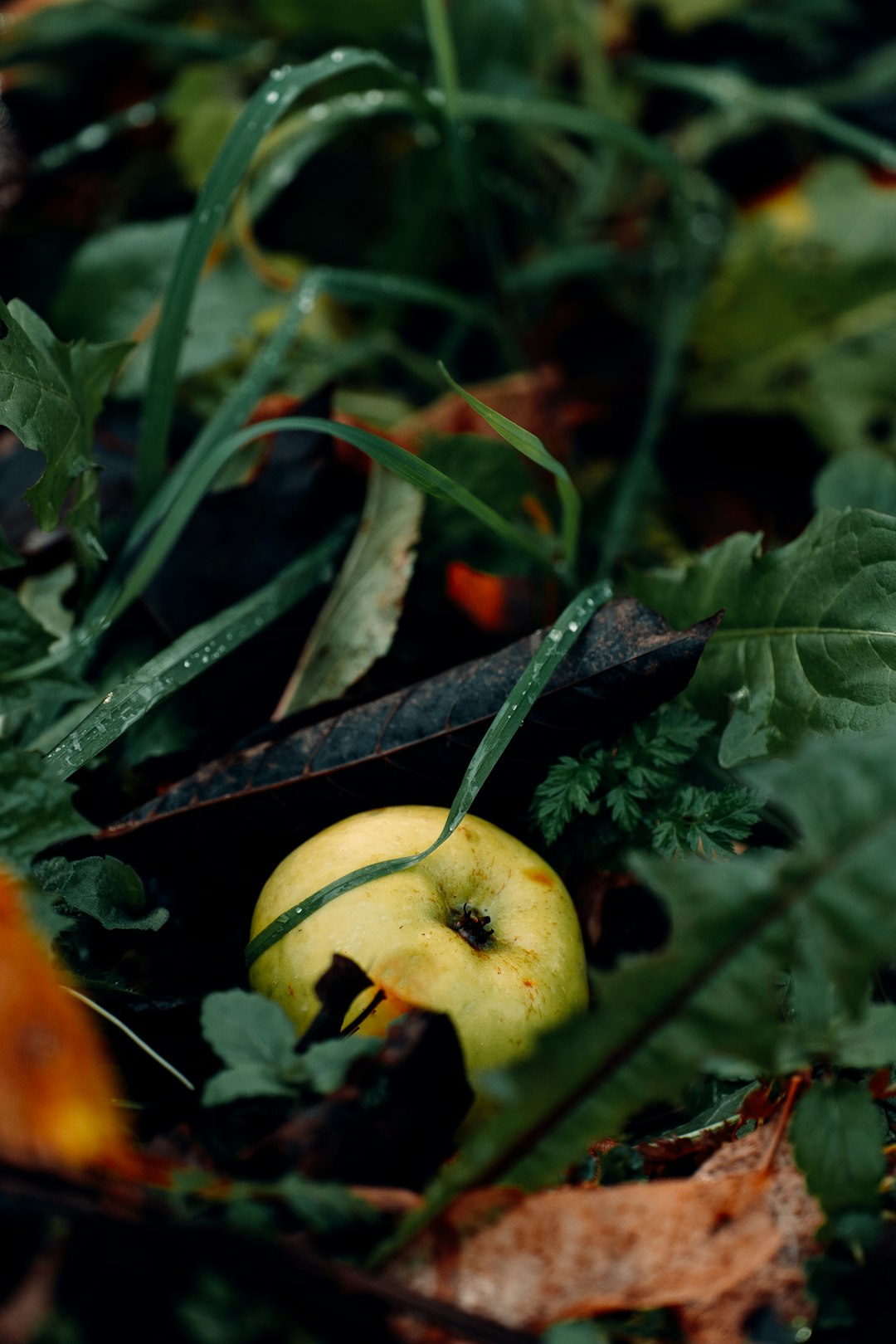
The Ideal Starter Plant for Your Indoor Oasis
The Ideal Starter Plant for Your Indoor Oasis
Transform Tiny Outdoor Spaces with a DIY Container Pond
Transform Tiny Outdoor Spaces with a DIY Container Pond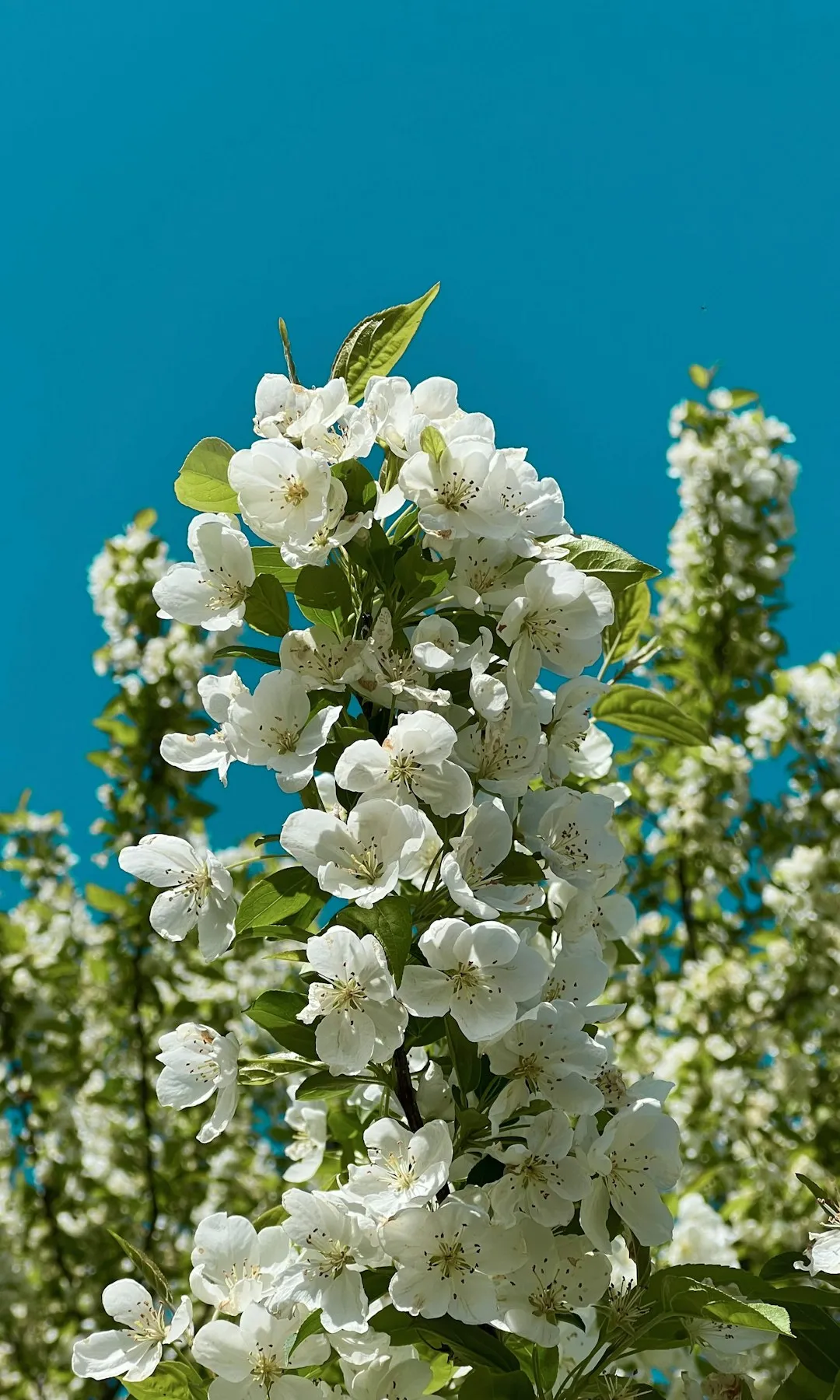
The Gravel Guide: Avoiding Common Pitfalls in Landscape Design
The Gravel Guide: Avoiding Common Pitfalls in Landscape Design
Summer's Floral Magic: Transforming Your Garden
Summer's Floral Magic: Transforming Your Garden
Transform Your Mailbox into a Garden Gem
Transform Your Mailbox into a Garden Gem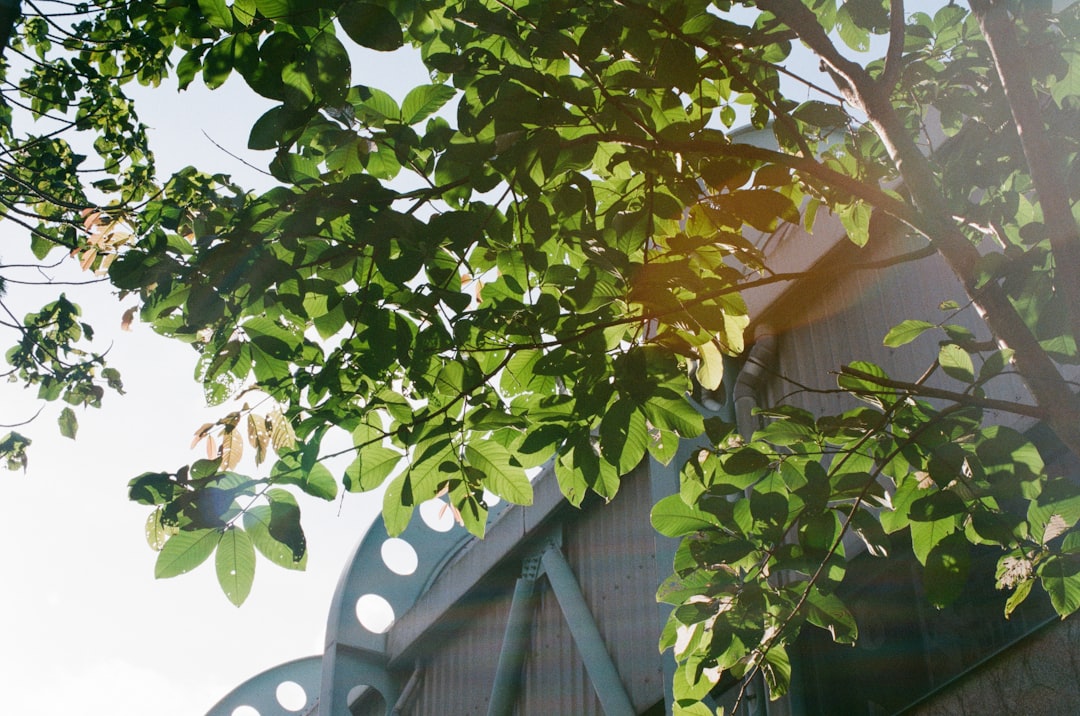
Transform Your Backyard with a Storm - Catching Oasis
Transform Your Backyard with a Storm - Catching Oasis
The Surprising Truth About Weed - Control in Vegetable Gardens
The Surprising Truth About Weed - Control in Vegetable Gardens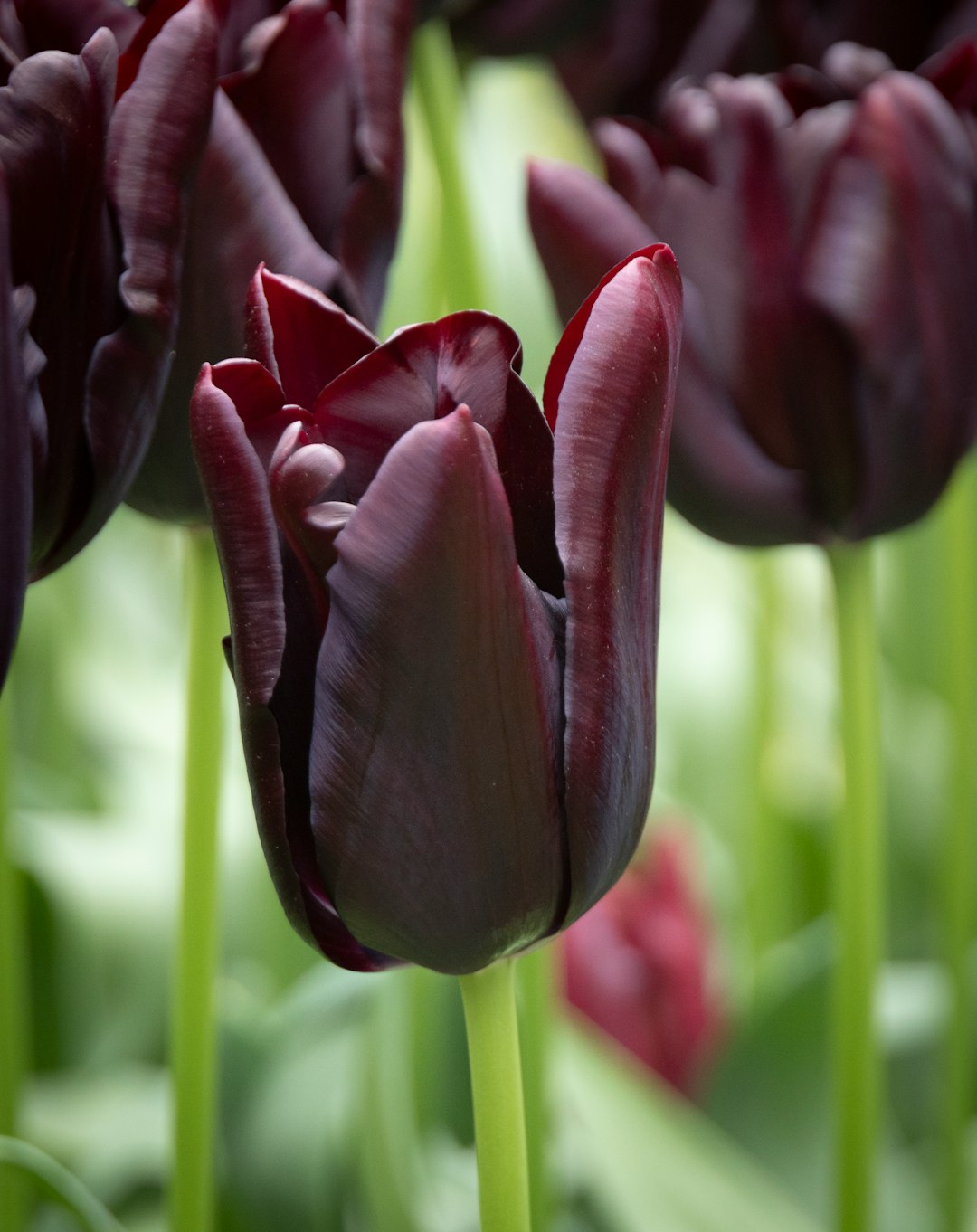
Conquer Your Garden's Invaders: Expert Solutions
Conquer Your Garden's Invaders: Expert Solutions
Reviving Your Hibiscus: Solving the Mystery of Yellow Leaves
Reviving Your Hibiscus: Solving the Mystery of Yellow Leaves